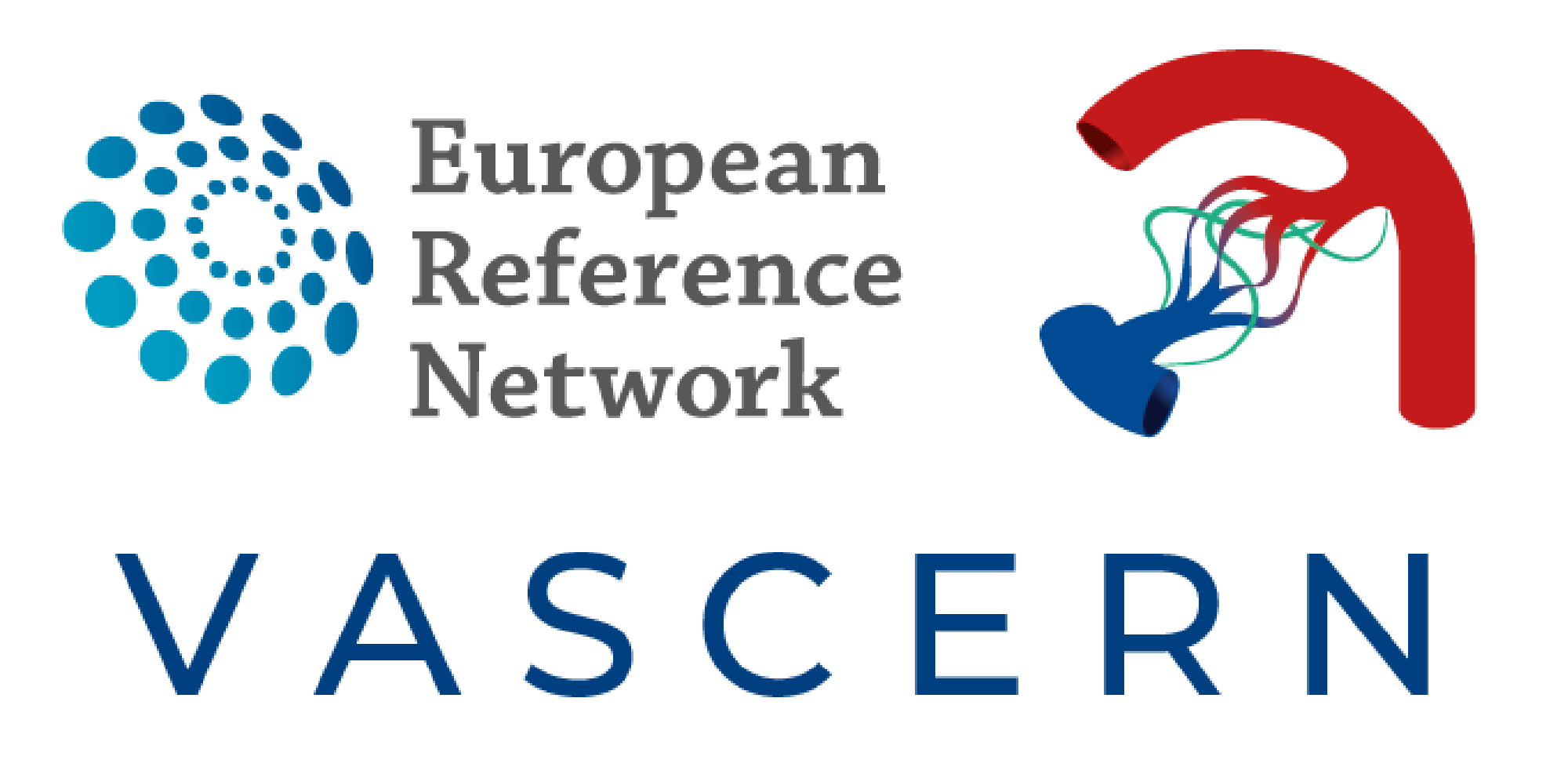ERDERA
What is ERDERA?
ERDERA (European Rare Diseases Research Alliance) is a co-funded partnership launched in September 2024 under the Horizon Europe programme. It builds upon the success of the European Joint Programme on Rare Diseases (EJP RD), with the goal of creating a more structured and collaborative research environment across Europe.
The project is coordinated by INSERM (France) and brings together a diverse consortium of over 170 partners from 37 countries. These include academic and clinical researchers, national funding agencies, patient organisations, and research infrastructures. ERDERA is designed as a 7-year initiative, with funding exceeding €380 million, sourced from both the European Commission and national contributions.
Visit the official ERDERA website
Aims of the ERDERA project
ERDERA’s overarching mission is to unify, expand, and elevate the European rare disease research landscape. It is designed to address key gaps in collaboration, data sharing, and clinical research access, while aligning research goals with patient needs.
Its specific objectives include:
- Strengthening research coordination: ERDERA aims to integrate rare disease research efforts across national and European levels by connecting research funding agencies and aligning research agendas. This coordination will help avoid duplication and ensure that resources are used effectively.
- Improving access to clinical trials: By improving the clinical trial environment, the project supports faster and more equitable access to innovative diagnostics and therapies. This includes tools to better identify trial-ready patient populations.
- Supporting innovation through research infrastructures: The partnership works closely with existing infrastructures such as BBMRI-ERIC, EATRIS, and ELIXIR to provide access to biobanks, data tools, and translational platforms that are essential for rare disease research.
- Improving data sharing and interoperability: ERDERA continues the momentum of EJP RD by promoting the FAIR principles (Findable, Accessible, Interoperable, Reusable) and fostering the use of common standards to ensure that rare disease data can be reused responsibly across borders and projects.
- Capacity building and education: The project supports the training of researchers and clinicians, with dedicated educational modules, fellowships, and collaborative workshops designed to strengthen the skills needed for high-quality rare disease research.
- Embedding the patient voice: A core feature of ERDERA is its commitment to involving patient representatives in every stage of research design and implementation. This ensures that projects are aligned with real-world needs and priorities.
Strategic Importance
ERDERA addresses a longstanding need for coherence in rare disease research efforts. Its scale and design position it as a cornerstone initiative that will drive innovation, reduce duplication, and promote efficient use of resources. The partnership also supports Europe’s broader goals in health research and digital transformation, contributing to more resilient and responsive healthcare systems.
Conclusion
ERDERA is a transformative step toward a more unified and patient-focused research ecosystem for rare diseases in Europe. By connecting the dots between research infrastructures, funding bodies, and clinical networks, it enables more impactful science and faster access to innovations. Its comprehensive and inclusive approach ensures that research is not only scientifically sound, but also aligned with the real needs of patients and healthcare professionals.
